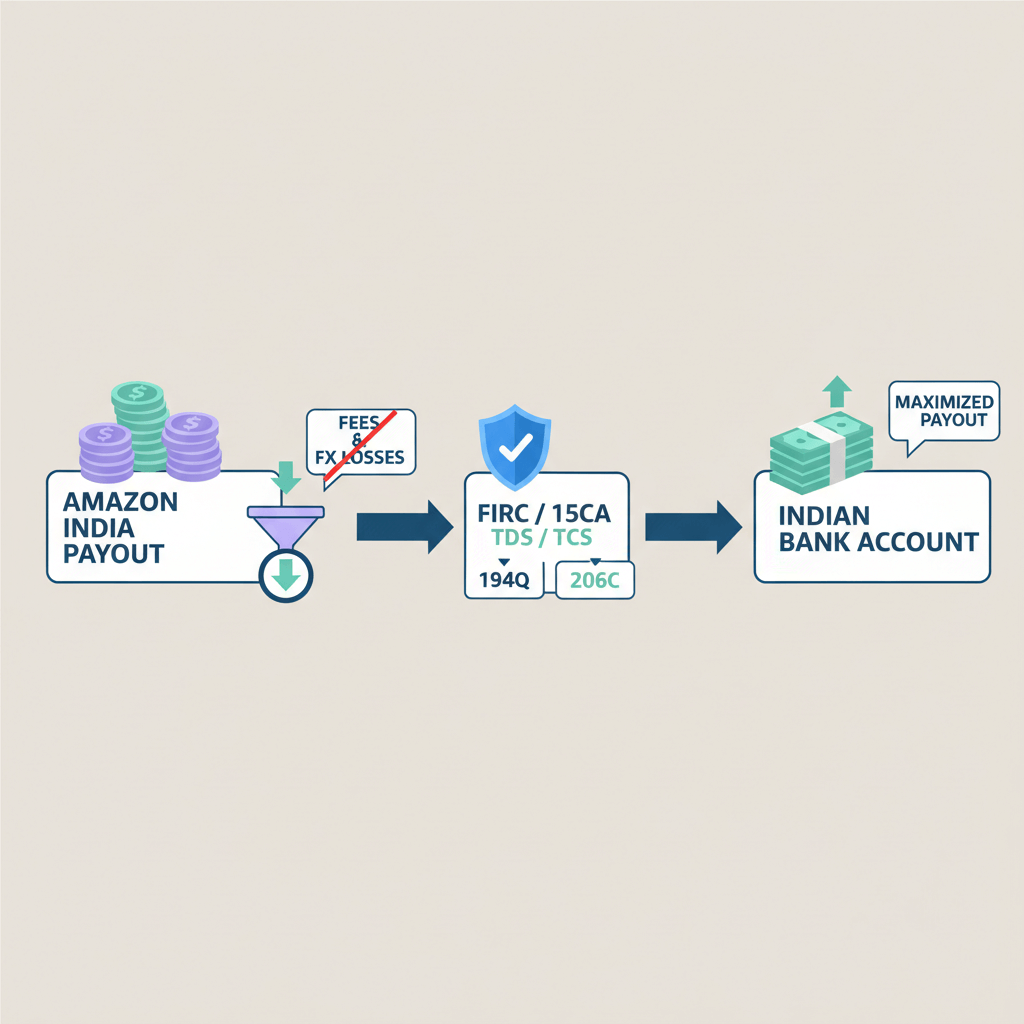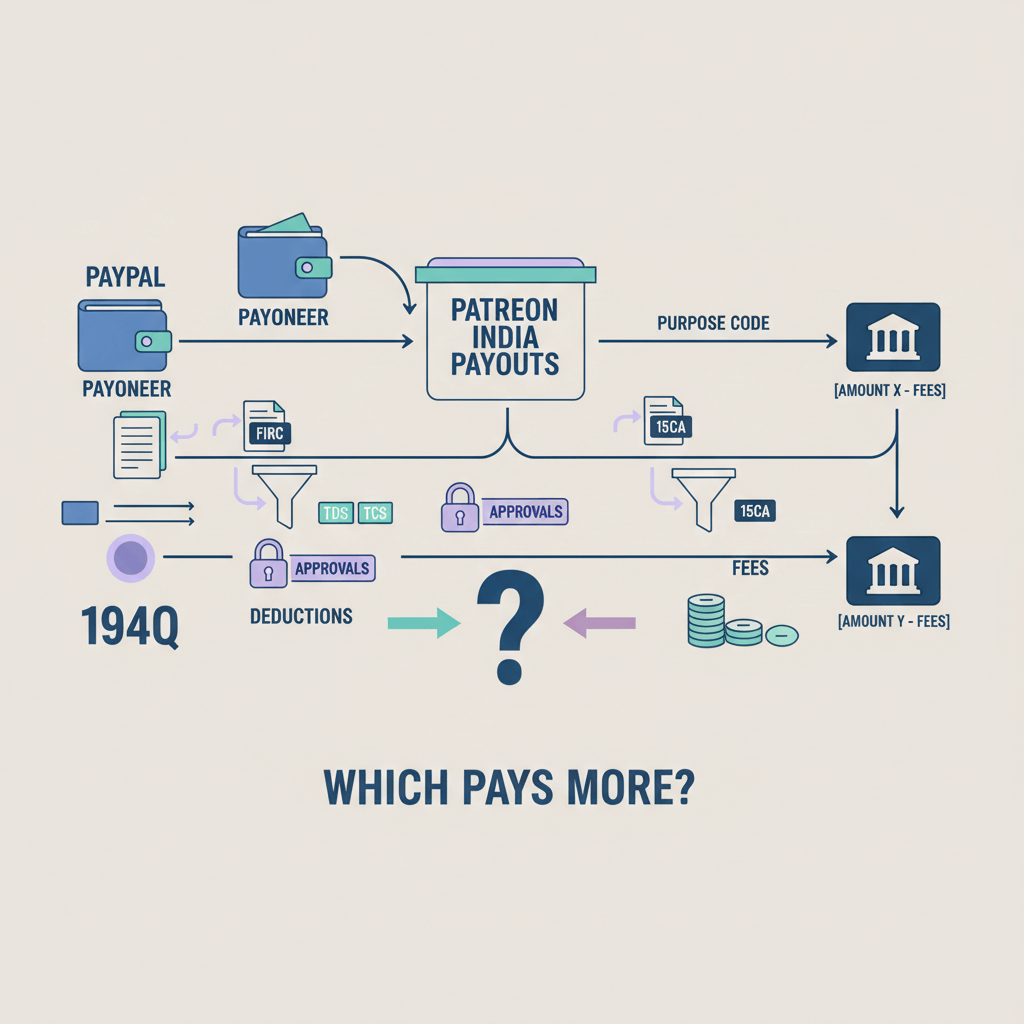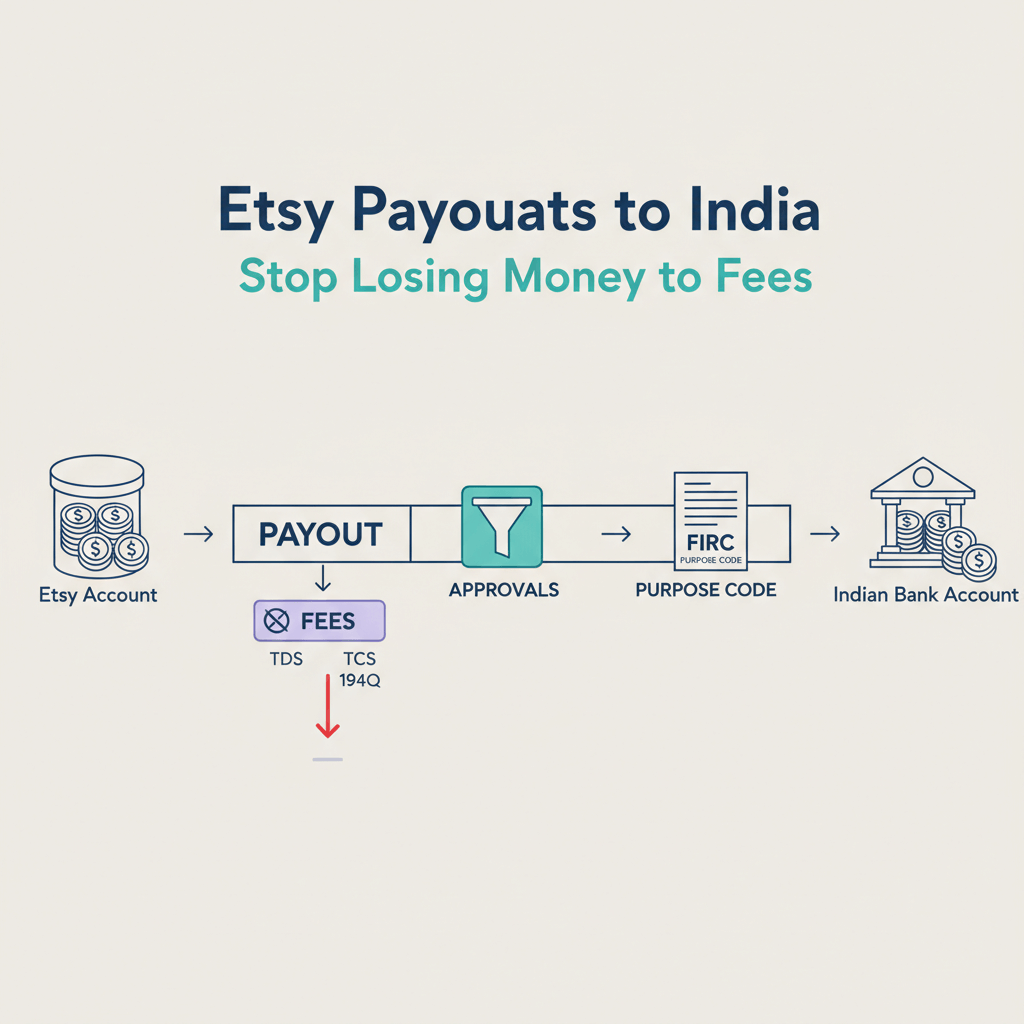What should you know about the risks of receiving wire transfer in India when it comes to business inward remittance?
Are wire transfers high-risk?
Is it safe to receive a wire transfer?
Read on to find out more.
Are wire transfers high-risk?
Wire transfers come with inherent risks, but the extent of these risks varies depending on several factors. Security is a primary concern, as wire transfers can be vulnerable to fraud, hacking, or interception during transmission, particularly when dealing with unfamiliar parties. Without adequate security measures, sensitive financial information may be compromised, leading to potential fraudulent activities.
Operational risks, such as processing delays, documentation errors, or technical issues within banking systems, also pose challenges to wire transfers. While wire transfers offer efficiency for international transactions, businesses must be prepared to address these operational risks to minimize disruptions to their financial processes.
Understanding the risk of receiving wire transfer in India
Getting money from other countries, called wire transfers, can be tricky in India. There are things you need to watch out for. Here are some important points to know:
- Potential Fraud: There's a risk of fraudulent activity, like phishing scams or unauthorized access to accounts. It's crucial to verify the sender's authenticity and transaction details.
- Exchange Rate Fluctuations: Converting currency can expose you to exchange rate fluctuations, affecting the final amount received. Monitoring rates and considering hedging can help manage this risk.
- Regulatory Compliance: India has regulations governing foreign fund receipt, including reporting and transaction restrictions. Non-compliance can lead to legal consequences.
- Processing Delays: Wire transfers may be delayed or rejected due to incorrect information or compliance issues, impacting cash flow.
- Banking System Risks: Operational issues or disruptions in the banking system can affect wire transfer processing, leading to delays or errors.
Is it safe to receive a wire transfer?
Receiving a wire transfer, particularly in the context of business inward remittance from India, can generally be considered safe if certain precautions are taken:
- Confirm Sender Details: Ensure that the sender is legitimate and verify the source of the funds to prevent fraudulent transactions.
- Secure Communication: Use secure channels to share banking information and transaction details to prevent unauthorized access.
- Regulatory Compliance: Adhere to all regulatory requirements and guidelines regarding inward remittances in India to avoid legal complications.
- Monitor Transactions: Keep a close watch on incoming wire transfers and promptly report any discrepancies or suspicious activities.
- Stay in Touch: Maintain communication with your bank or financial institution to receive updates and address any concerns during the transaction process.
Look out for red flags or risks while receiving wire transfer in India
Several red flags may indicate potential issues or fraudulent activities associated with wire transfers. These include:
- Unsolicited Requests: Unexpected requests for wire transfers, especially from unknown or unverified sources, can be a red flag for potential scams or fraudulent activities.
- Urgency or Pressure: Requests that emphasize urgency or pressure you to act quickly without allowing time for due diligence or verification may indicate a scam. Fraudsters often use urgency to manipulate victims into making hasty decisions.
- Unusual Transaction Patterns: Unusual or irregular transaction patterns, such as sudden large transfers to unfamiliar accounts or frequent transfers to high-risk jurisdictions, may raise suspicions of money laundering or other illicit activities.
- Mismatched Sender and Beneficiary Information: Discrepancies between the sender's and beneficiary's information, such as inconsistent names, addresses, or contact details, could signal fraudulent activity or identity theft.
- Unverified or Untraceable Sources: Requests from sources that cannot be verified or traced back to legitimate businesses or individuals may indicate potential fraudulent schemes.
- Requests for Confidential Information: Requests for sensitive personal or financial information, such as passwords, PINs, or account numbers, should raise concerns, as legitimate institutions typically do not solicit such information via email or phone.
- Unsolicited Investment Opportunities: Offers for investment opportunities or business ventures that promise high returns with little risk, especially if accompanied by requests for wire transfers, should be treated with caution as they may be fraudulent schemes.
- Unfamiliar Payment Methods: Requests to use unfamiliar or untraceable payment methods, such as cryptocurrency or prepaid cards, instead of traditional banking channels, may indicate attempts to evade detection or conceal the true nature of the transaction.
What are the disadvantages of wire transfer?
In the context of business inward remittance, wire transfers offer a reliable way to receive funds from overseas clients or business partners. However, they also have certain disadvantages:
- Cost: Wire transfers often involve fees charged by both the sending and receiving banks, which can reduce the amount received. For businesses receiving frequent inward remittances, these fees can add up and impact profitability.
- Processing Time: While wire transfers are generally faster than other payment methods, they may still take a few days to process. Delays can occur due to factors like banking holidays, time zone differences, or additional verification processes, which can affect cash flow and operational efficiency.
- Exchange Rate Fluctuations: Inward remittances often involve currency conversion, exposing businesses to exchange rate fluctuations. These fluctuations can result in differences between the expected and received amounts, impacting budgeting and financial planning.
- Security Concerns: Wire transfers are susceptible to security risks such as fraud or hacking. Without adequate security measures, sensitive financial information could be compromised during transmission, posing risks to business finances and reputation.
- Limited Recourse: Once initiated, wire transfers can be challenging to reverse or cancel, especially if the funds have already been deposited into the business account. This limited recourse can complicate resolution in case of errors, disputes, or fraudulent transactions.
- Regulatory Compliance: Inward remittances are subject to regulatory requirements and anti-money laundering laws, which may involve additional documentation or verification steps for businesses.











